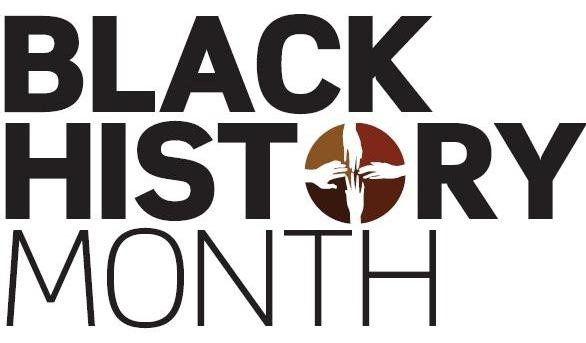 World Mental Health Day (WMHD) falls annually on the 10 October. Its overall objective is to raise awareness of mental health issues around the world and mobilizing efforts in support of mental health.
World Mental Health Day (WMHD) falls annually on the 10 October. Its overall objective is to raise awareness of mental health issues around the world and mobilizing efforts in support of mental health.
October is also Black History Month (BHM), when  inspirational individuals and events from within the Black Minority Ethnic (BME) communities are celebrated, recognised and valued. In this article the terminology BME is used to describe all people of non-white descent.
inspirational individuals and events from within the Black Minority Ethnic (BME) communities are celebrated, recognised and valued. In this article the terminology BME is used to describe all people of non-white descent.
One in four of us will be affected by mental illness in any year. It does not matter what your age, gender, religion /belief, sexual orientation, race, or if you are married or in a civil partnership, expecting/have a child or a disability - Mental illness does not differentiate.
There are however issues that are particular to specific characteristic groups. So I thought I would take to opportunity of the fact that WMHD is falling in BHM to touch on the complexities of the issues that some BME people with mental health issues face. The Mental Health Foundation, MIND, Diverse Cymru and a number of studies, by Ethnos Research and Consultancy for example, have shown that in general, people from black and minority ethnic groups living in the UK are more likely to:- Be diagnosed with mental health problems.
- Present in crisis, be diagnosed and admitted to hospital.
- Experience a poor outcome from treatment.
- Disengage from mainstream mental health services, leading to social exclusion and a deterioration in their mental health.
- Face discrimination because they have a mental health issue, including being treated less favorably by their own communities because of their mental illness, due to various social and cultural reasons.
- Poverty and racism.
- Mainstream mental health services failing to understand or provide services that are acceptable and accessible to non-white British communities and meet their particular cultural and other needs.
- People in some ethnic minority groups being reluctant to engage with mainstream health services or hold off from seeking help for a number of different reasons such as, taboos in the communities, use of traditional medicines or faith-based healing, or fear (for example of the stigma, shame and social repercussions it may bring on the individual and family).
- It has been recognised that mental ill health is still taboo in society at large and BME communities are no different in the, often negative, response towards mental illness. As people tend to function, to a large extent, within their own communities it is important to tackle discrimination and negative perceptions about mental ill health across the whole of society, including people from the BME communities.
 By getting people talking about mental health we can break down stereotypes, improve relationships, aid recovery and take the stigma out of something that affects us all.To learn more about the Time to Change campaign to challenge stigma and discrimination visit their website. I am proud that the Assembly has signed the Time to Change Wales pledge to challenge stigma and support staff experiencing mental illness.
I am pleased that the Assembly will be hosting a joint workplace equality network event on the 13 October 2016, where individuals from the Assembly’s various networks will be talking either about their own personal experiences or the issues faced by their communities. To find out more about our networks visit our blog from July, earlier this year.
By getting people talking about mental health we can break down stereotypes, improve relationships, aid recovery and take the stigma out of something that affects us all.To learn more about the Time to Change campaign to challenge stigma and discrimination visit their website. I am proud that the Assembly has signed the Time to Change Wales pledge to challenge stigma and support staff experiencing mental illness.
I am pleased that the Assembly will be hosting a joint workplace equality network event on the 13 October 2016, where individuals from the Assembly’s various networks will be talking either about their own personal experiences or the issues faced by their communities. To find out more about our networks visit our blog from July, earlier this year.


